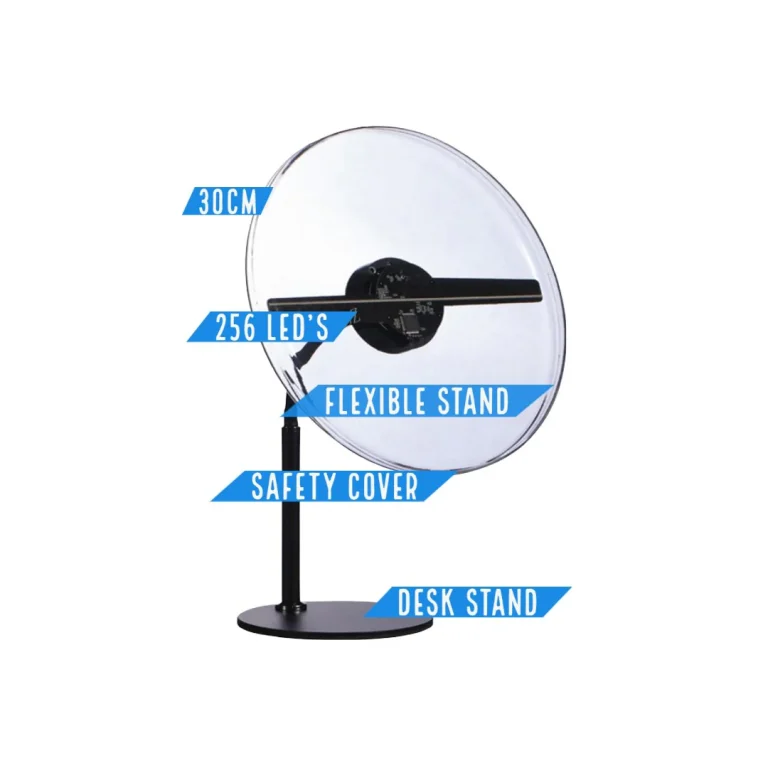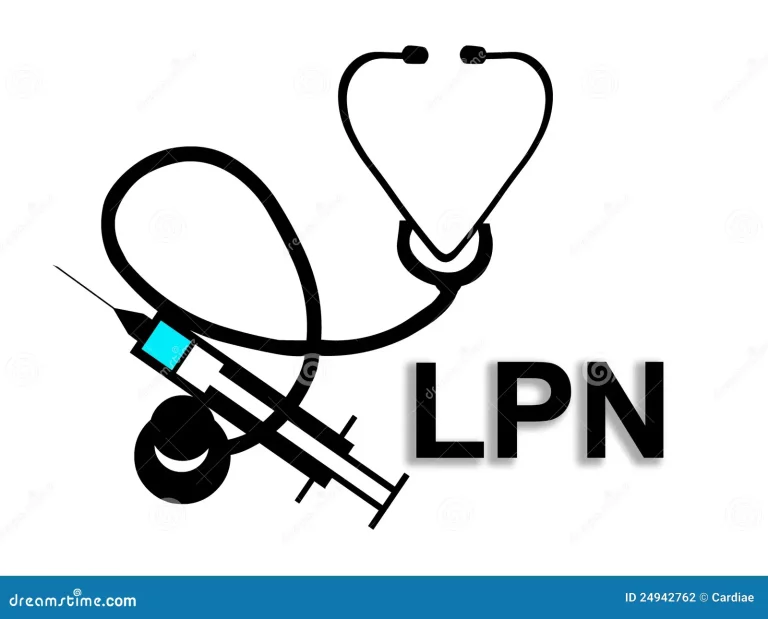OEM, also known as Original Equipment Manufacturer, is a term that has become increasingly popular in the world of manufacturing and technology. Essentially, OEM refers to companies that produce components or parts for other companies who then use them in their own products under their brand name. OEMs are responsible for producing high-quality components that meet strict industry standards while ensuring they are cost-effective enough to make it worthwhile for the end product manufacturer.
Understanding what an OEM is and how it works is critical in today’s global economy. As more and more businesses turn to outsourcing to increase efficiency and reduce costs, the role of the OEM becomes even more important.
Defining OEM

OEM stands for “Original Equipment Manufacturer.” It refers to a company that produces components or products that are then sold to another company to be incorporated into their final product. For example, a manufacturer of computer motherboards might sell those motherboards to Dell, which would then use them in their computers.
OEMs often specialize in producing specific parts or products, such as memory chips or power supplies. They may also produce entire systems that can be integrated into other products. One key advantage of using OEM components is that they are typically designed and tested specifically for the intended use, which can result in better performance and reliability compared to generic off-the-shelf parts.
Overall, OEMs play an important role in many industries by providing specialized components and systems that enable other companies to produce high-quality products efficiently and cost-effectively.
Understanding OEM in manufacturing
OEM stands for Original Equipment Manufacturer. It refers to a company that produces parts or products that are used in other companies’ finished goods. These parts can be as small as screws or as large as engines.
In the manufacturing industry, OEMs play an essential role in the supply chain. They provide components and assemblies to other manufacturers who use them to build their products. OEMs often specialize in particular industries and work closely with their clients to produce high-quality parts that meet specific requirements.
Understanding OEM is crucial for manufacturers because it allows them to identify potential suppliers, evaluate product quality, and negotiate prices effectively. Additionally, working with reliable OEMs can help businesses streamline their production processes, reduce costs, and improve product performance. By partnering with the right OEM partners, manufacturers can enhance their overall competitiveness and offer better value to customers.
Importance of OEM for businesses

These parts and equipment are manufactured to specific specifications and requirements set by the partnering company. The importance of OEM for businesses cannot be overstated as it has several benefits.
Firstly, OEM allows businesses to have access to high-quality parts and equipment at a lower cost than producing them in-house. This lowers production costs for the business while maintaining quality standards. Additionally, using OEM parts ensures compatibility with existing systems and reduces the risk of malfunctions or damages caused by incompatible components.
Secondly, partnering with an OEM provides access to advanced technology and innovation that may not be accessible otherwise. This allows businesses to stay up-to-date with industry trends and remain competitive in their respective markets. Overall, OEM parts are an essential component of any business’s supply chain. By partnering with a reputable OEM, businesses can ensure that their supply chain is in good condition while also remaining competitive.
Examples of OEM products and companies
OEM stands for Original Equipment Manufacturer. This term is used to describe companies that manufacture products or components that are sold to other companies for use in their own products. OEM products can be found in a wide range of industries, including automotive, electronics, and medical devices.
One example of an OEM product is the engine control module (ECM) used in cars. The ECM is manufactured by a company such as Bosch or Delphi and then sold to car manufacturers such as Ford or General Motors for use in their vehicles. Another example of an OEM product is the motherboard used in computers. Companies like Asus and MSI manufacture motherboards which are then sold to computer manufacturers like Dell or HP.
Some well-known companies that specialize in producing OEM products include Foxconn, Flextronics, and Jabil Circuit. These companies produce a variety of electronic components, including circuit boards, displays, and sensors. They also offer design services to help their customers develop new products using these components.
Potential challenges with OEM

OEM, or Original Equipment Manufacturer, is a business model where one company produces parts or products that are then sold to another company who incorporates them into their own products. While this model can be beneficial for both parties involved, there are potential challenges that can arise.
One of the main challenges with OEM is quality control. The OEM may produce high-quality parts, but if the receiving company does not have strict quality control measures in place, it can result in faulty end-products that reflect poorly on both companies. Communication between the two companies is also crucial to ensure that specifications and expectations are met.
Another challenge with OEM is intellectual property concerns. The OEM may be producing proprietary parts for the receiving company, which requires trust and confidentiality agreements to be in place. If these agreements are breached, it can lead to legal disputes and damage to both companies’ reputations.
Overall, while there are potential challenges with OEM partnerships, they can still provide many benefits if managed properly through effective communication and quality control measures.
Conclusion: The significance of OEM in industries
In conclusion, OEM stands for Original Equipment Manufacturer. This term refers to companies that produce parts or products that are used in the production of other products by different companies. The importance of OEMs cannot be overstated as they play a critical role in ensuring that products manufactured by other companies meet the required standards. Understanding what OEM means is crucial for both manufacturers and consumers alike, as it helps ensure quality, reliability, and consistency across the supply chain. As such, it is essential to work with reputable OEMs to guarantee the best possible outcomes for your business and customers. With this knowledge in mind, let us strive to work towards building strong partnerships with trusted OEMs to drive innovation and growth within our respective industries.
ALSO READ / what is salesforce trailhead



























+ There are no comments
Add yours